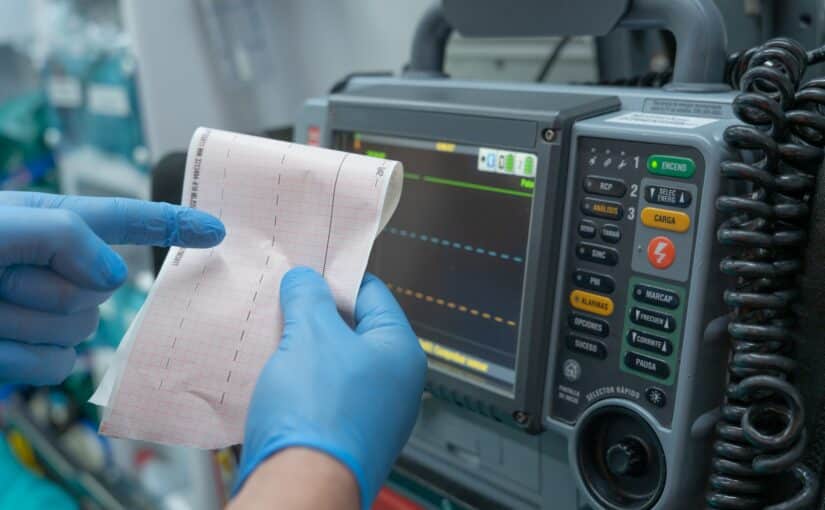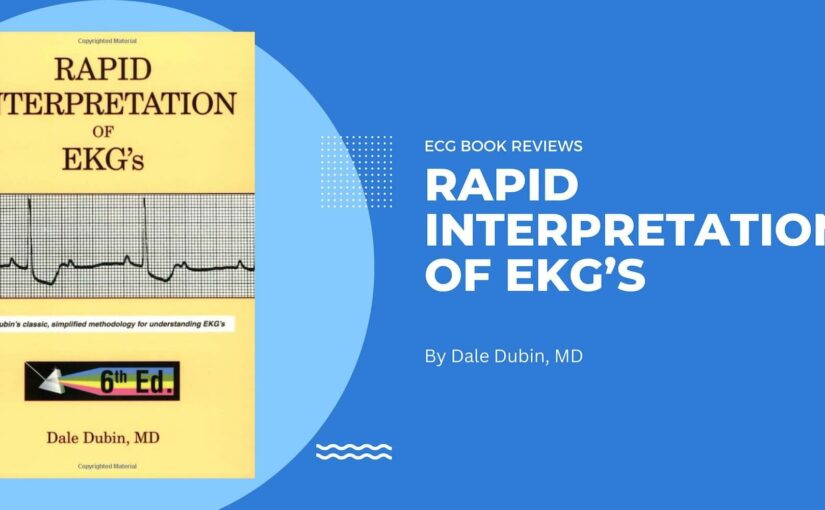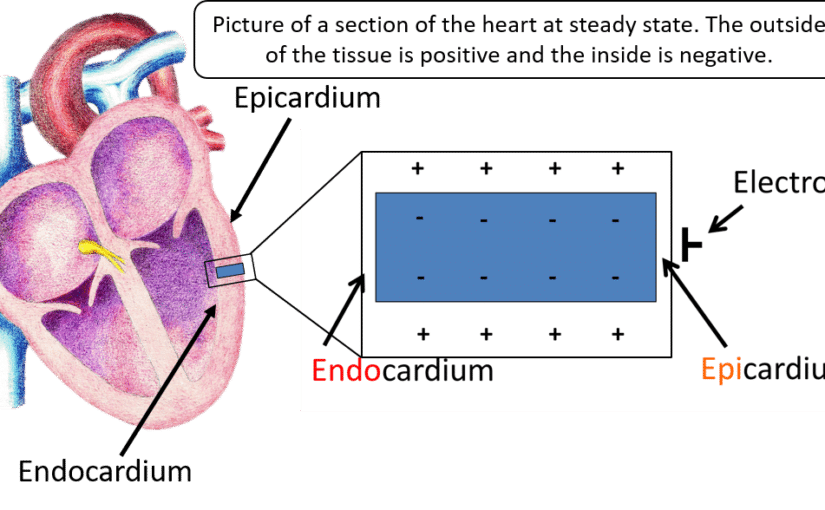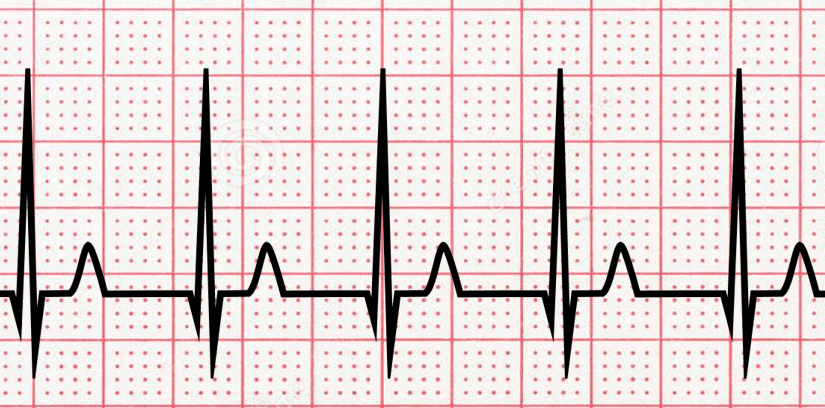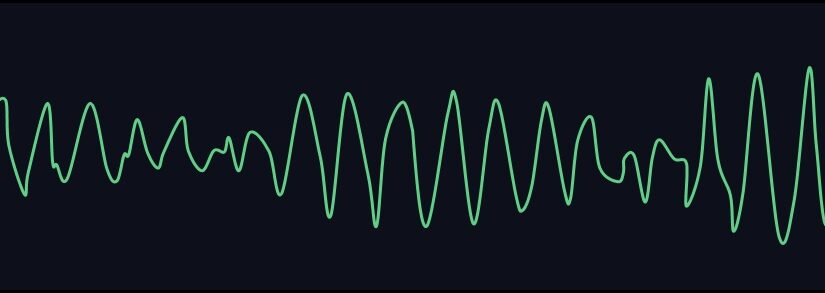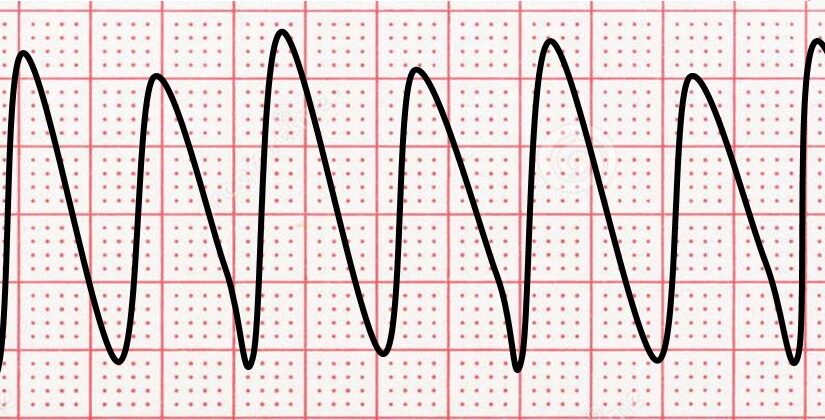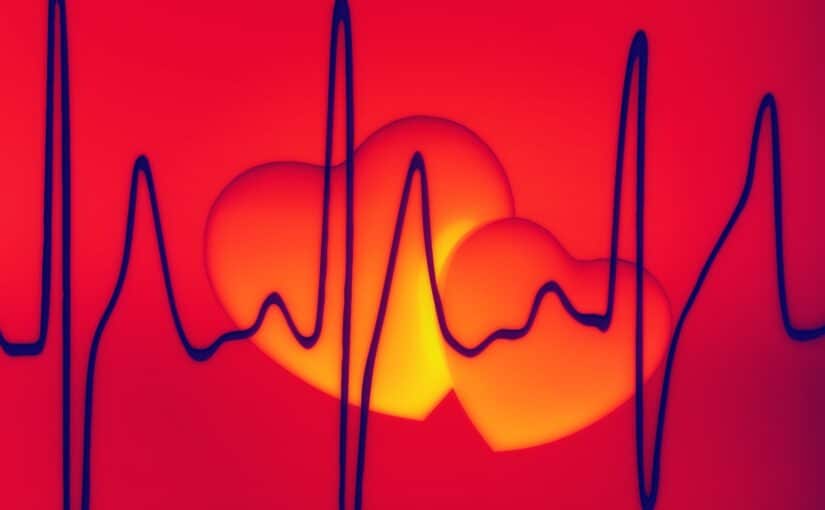EKG Learning
How Expertise In EKG And ECG Can Propel Your Professional Growth
In the ever-evolving world of healthcare, professionals are continually looking for areas of expertise that can enhance their skills and provide avenues for career advancement. One such area that holds tremendous potential is the mastery of Electrocardiography (EKG/ECG). If you’re looking to grow professionally, open new career doors, and provide your patients with the highest […]
Read More
Accurate Recognition of ECG Mimics And Avoiding Misdiagnosis
As every physician one day learns, “false alarm” rhythms can show up on an ECG reading that can closely resemble life-threatening rhythms, such as an ST-segment elevation myocardial infarction (STEMI). Advanced care providers need to quickly differentiate these rhythms, known as ECG mimics, from their more serious counterparts to avoid unnecessary treatment or allocation of […]
Read More
Rapid Interpretation Of EKG’s: An In-Depth Review
Dale Dubin’s book, Rapid Interpretation of EKG’s, is a best-selling textbook that has been used for over 30 years to teach the basics of interpreting electrocardiograms. The book is designed to help readers rapidly assimilate medical concepts and understand the key principles of EKG interpretation. The book, first published in 1972 by Dr. Dale Dubin, […]
Read More
Echocardiography Continuing Medical Education Course Now Available
As a healthcare professional, you probably know the dread of an upcoming continuing medical education re-certification deadline. Fortunately, you can fulfill your echocardiography CME credit requirements from home on ECGEDU.com. We have recently launched Point Of Care Echo CME, a brand-new echocardiography continuing medical education course that offers both AOA Category 1-A Credit and AMA […]
Read More
Understanding The Significance Of The T Wave On An ECG
The T-wave is an important indicator for understanding and monitoring the health of the heart. T-wave abnormalities are incompletely understood and are associated with a wide differential diagnosis. Thus, a T-wave abnormality may indicate a life-threatening disease or be completely benign. In fact, benign abnormalities occur in at least half of the leads on a […]
Read More
Hone Your Interpretation Skills With This Free EKG Practice Test
Practice Test Updated for 2024! Click Here To Skip The Intro And Go Right To The EKG Practice Exam ↓ Are you a medical student or nursing student studying for an EKG practice test? Maybe you’re a current medical professional interested in brushing up on your EKG interpretation skills? No matter what your background is, […]
Read More
ECG Interpretation Examples – Typical Patterns You Should Know
As a medical professional, you will likely come into contact with ECGs on a daily, if not hourly, basis. While ECGs are used to diagnose a wide range of medical issues, there are a few critical ECG patterns that you should be able to identify and interpret without any hesitation. In this post, we’ll look […]
Read More
Learning to Interpret 12-Lead ECGs – The Basics
An ECG is one of the most efficient and most effective tests to evaluate the heart, making ECG interpretation a vital diagnostic skill in any medical setting. ECGs are used when diagnosing a wide range of heart issues, including myocardial infarction, ventricular fibrillation, or bundle branch blocks. An ECG is comprised of 12 leads that […]
Read More
The Difference Between Ventricular Tachycardia and Ventricular Fibrillation
Ventricular tachycardia and ventricular fibrillation are two serious cardiac arrhythmias that can often lead to death. Because of the critical nature of these abnormal heart rhythms, it is essential to be able to identify each on an ECG or rhythm strip. In this article, we’ll cover the differences between Vtach and Vfib, as well as […]
Read More
What are Arrhythmias?
An arrhythmia is simply an abnormality of the rhythm of the heart. More specifically, it is an abnormality of cardiac impulse formation or conduction. That means that the areas of the heart that produce impulse may not function correctly leading to heart rhythms being too fast, too slow, or even cease. Additionally, an arrhythmia may […]
Read More
Get Lifetime Access To Our Entire LibraryNow Only $49!
Get instant access to over 130 videos, 97 quizzes, 40 practice ECGs, and 2 exams that will teach you to read ECGs like a cardiologist. That’s over 16 hours of self-paced online video courses for just $49!


